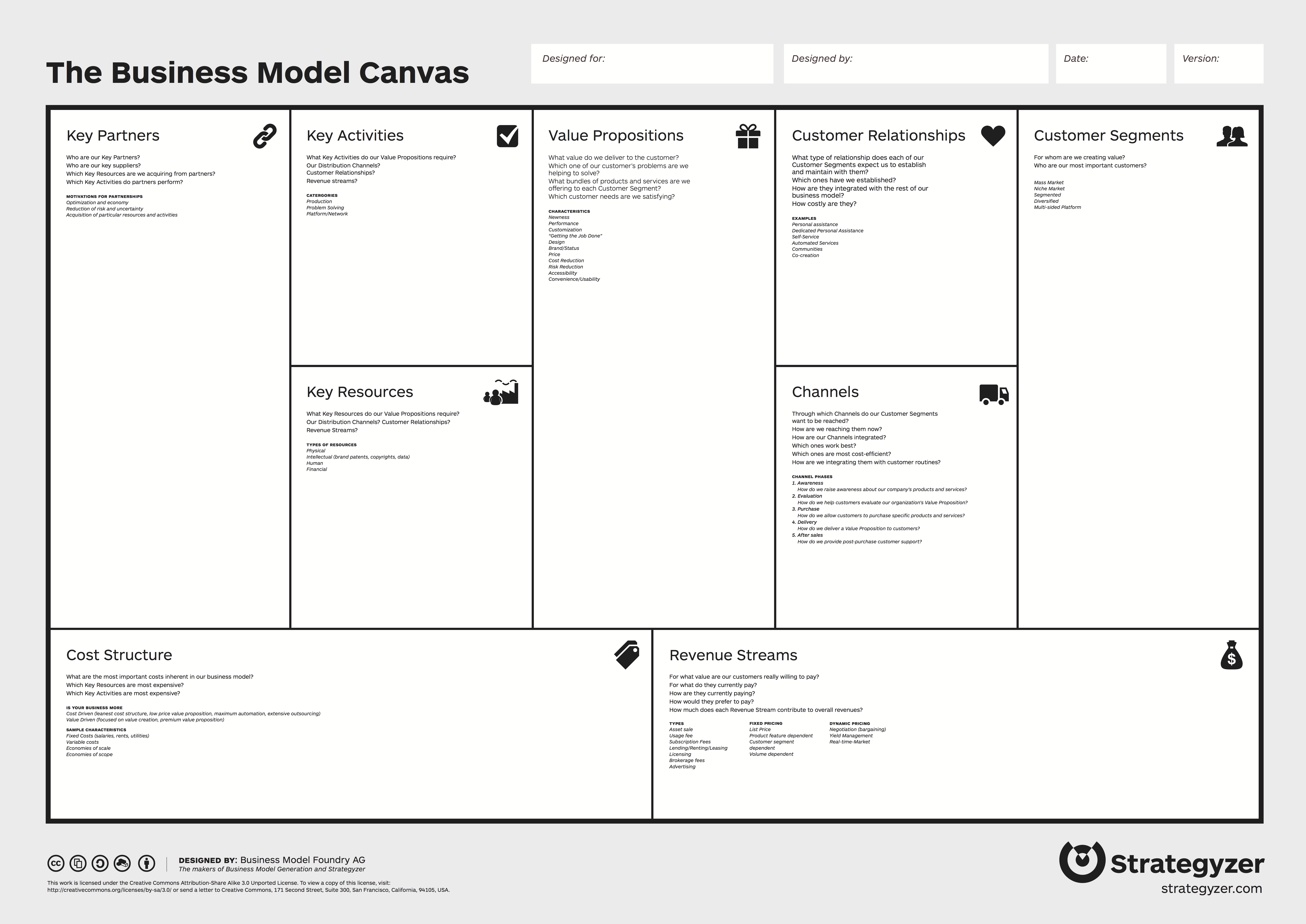A brilliant business idea can be a game changer for your future — if you know what to do next.
To maximize your chances of success, consider drafting a business plan. A business plan serves as a foundation and a roadmap — helping you articulate your business goals and strategize how to achieve them. It can also be an essential North Star — a reference point as you make decisions to ensure you stay focused on your mission.
Beyond helping you articulate your mission, a business plan can be essential to get funding or convince partners or advisors to join what you’re building. We’ve got quick answers to five top business plan questions we get asked.
1. What is a business plan?
A great place to start! A business plan is a strategic document, typically 15-20 pages long, that shares what your business does, defines your business goals, and provides detailed information about how you’ll meet your goals.
Those details include your products or services, market research, a go-to-market strategy, current finances, financial projections, and more.
A business plan can also include information about what you need to meet your goals – including investment requirements.
2. Why do I need a business plan?
A business plan can help you define and focus on the steps to get your business started and make it a success. Outlining short- and long-term goals and objectives knowing what to prioritize and when easier.
Additionally, suppose you need or want to raise capital to start or expand. In that case, you’ll need a business plan to present to lenders and investors. Attracting partners, early team members, advisors, and others can be easier with a business plan. A business plan helps make what might have started as a back-of-a-napkin idea much more legitimate.
3. When is the right time to write a business plan?
For a new business, your original business plan will typically cover your first 3-5 years. Reviewing and updating your business plan can better reflect revised goals and new strategies.
If you have been running your business for a while, you may still benefit from drafting a business plan! There’s no time like the present.
4. How do I write a business plan?
You’ll find endless resources online that outline everything that could and should go in a business plan. You’ll also realize there are about as many ways to make a business plan as business ideas!
One place to start? The Business Model Canvas. A Swiss business consultant named Alexander Osterwalder devised this free template now used by independent entrepreneurs and large businesses worldwide. It’s handy because it denotes everything you might need on a single page.

Right click to download a copy, and it can become both a checklist of the information you need to gather and a way to track progress.
5. Wait – I think I need help writing a business plan. Where do I go?
We think one of the best business strategies is to look to the experts and ask for help, so this is a great question.
There are many sites online that offer business plan advice. Be careful, as many require payment for services. If you’re looking for free advice, we’ve got some ideas!
SCORE mentors provide free business advice, including support in writing a business plan. The Business Education section of the site is chock full of webinars, courses, and templates related to launching and growing a business.
The Small Business Administration has a business guide on writing a business plan with excellent examples. FYI: The SBA is also a lender to small businesses! Check out our primer on business loans to learn more.
And remember, Fremont Bank business experts are always ready to talk.
As you think about next steps, one important one can be picking the bank that will have your and your business’s back. We have a 4-step guide to picking the best bank for your business.


